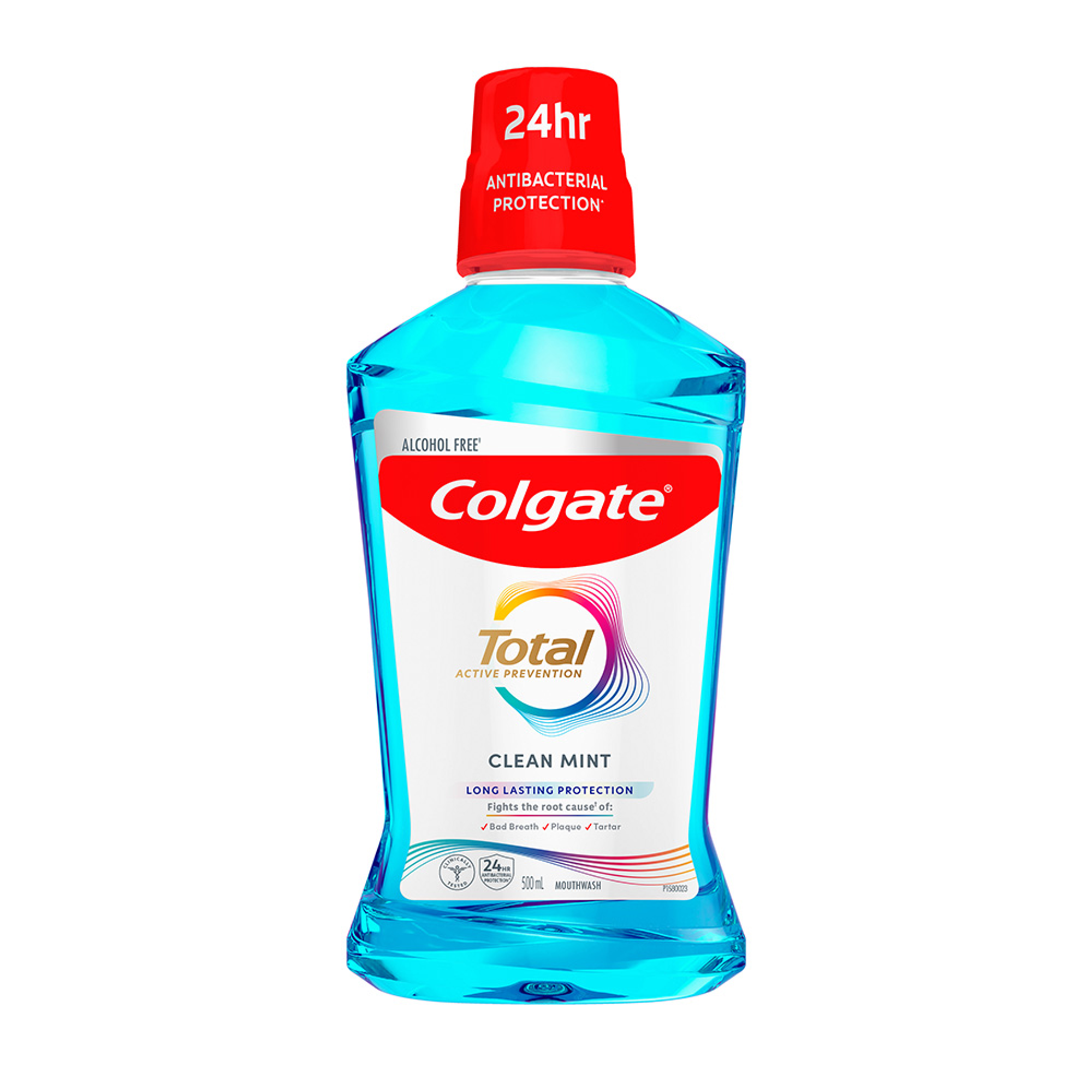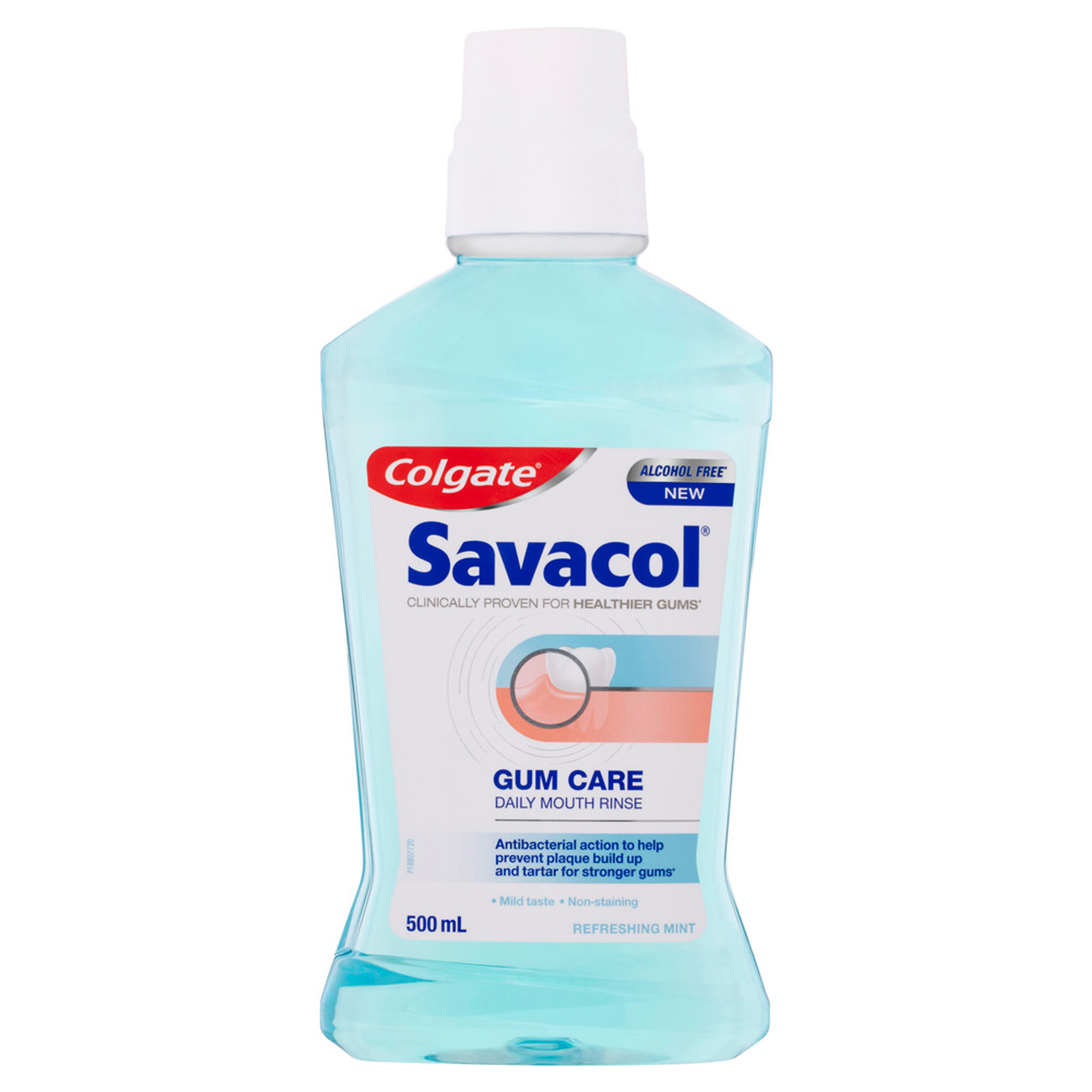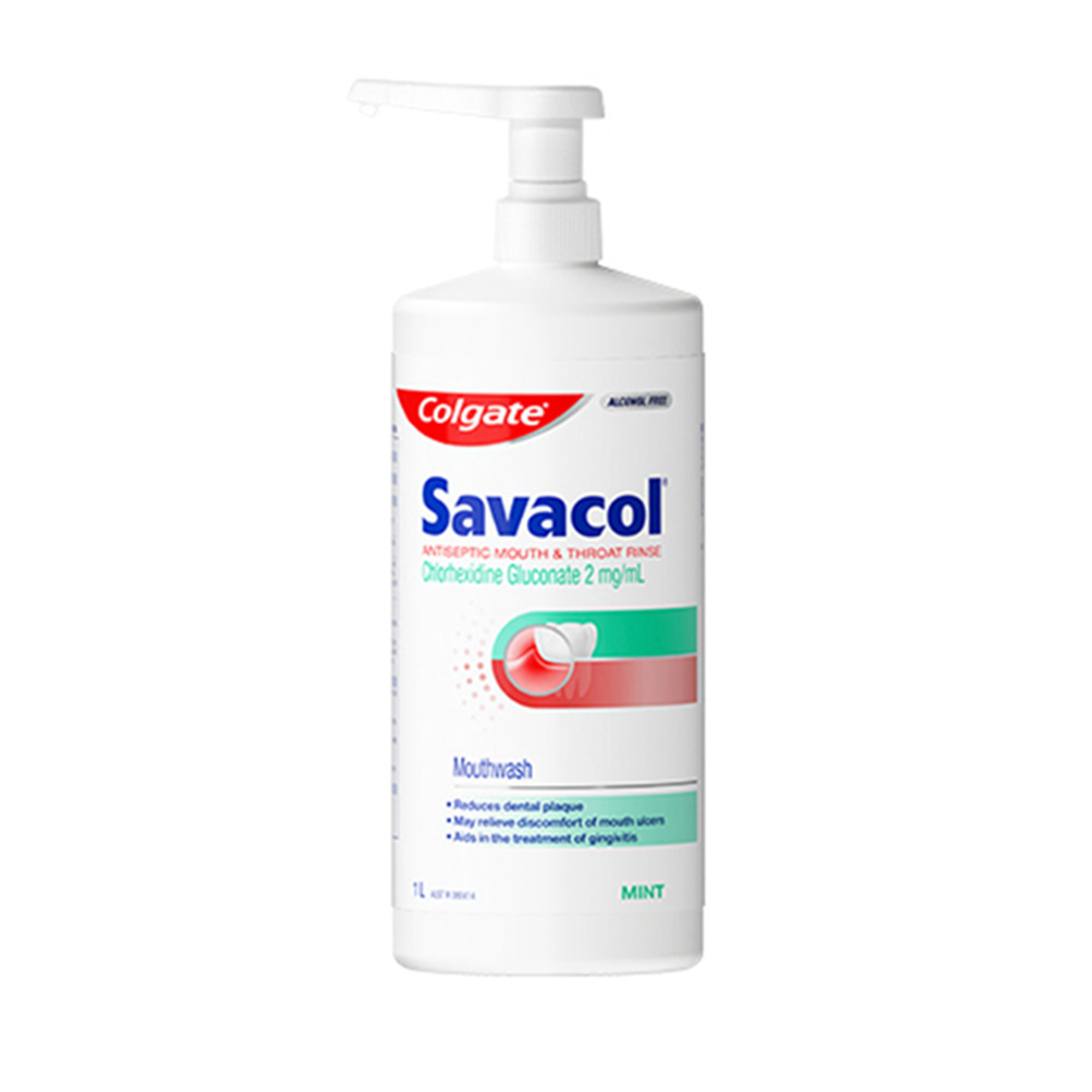
Oral health professionals may at times question how to take those so-called “next steps” to improve on their clinical and professional skills. It, at times, can appear to be a big leap from their current skill set, as there could be a certain more advanced set of skills or attributes that they’ve always wanted to acquire, but are not sure how to even start doing so. In this article, Dr Sam Koh breaks down some of his thoughts about professional development, describing key steps to take when attempting to improve on your current professional skill set and discussing how to set realistic goals to achieve.
As someone with a passion to be a mentor to the dental profession, particularly the younger graduates, I constantly get asked – “How do I continue to build on my knowledge and upskill?” Some may feel disheartened and somewhat stuck, as they claim to see or hear peers and mentors performing work they aspire to emulate, but feel unsure of how to take those “next steps” in their development. They regularly ask “how can I become like this person and how can I start to do these things too?”. This is a problem not just limited to younger graduates. In this article, I will try to break down some practical steps in the process of professional self development, as well as suggesting realistic expectations and goals when doing so.
You do you
The biggest piece of advice I can give is to take baby steps, and go at your own pace. With all the perceived stress we may feel seeing others do what they do, feeling FOMO (fear of missing out) and wanting to learn the same skills quickly, sometimes I feel that we just need to take a step back and realise that we are each on different paths in our professional career. Set yourself realistic smaller goals, and then once reached, nudge those goalposts further forward.
Self assessment and reflection
To me, it is very important to be able to constantly self-evaluate and answer two simple questions in order to continue improving:
- What are my development areas and weaknesses, both clinically and non-clinically? Perhaps you could also get feedback from your employers, workmates, and professional peers on where they think you could improve.
- Are these development areas things that you would actually like to improve on and why? Just because your peers may be doing something you find “cool” or “amazing”, it doesn’t necessarily mean that your inability to perform these tasks or skills are important to you and your professional career.
Choosing the right course.
Once you have determined what improvements you wish to work on, then it’s time to find the right course for you. What courses are available that will address these needs? With the abundance of courses out there, how do you choose the right one for you? I would strongly suggest attending courses from reputable course providers, either through your dental professional association or other organisations or speakers who have a good reputation for providing quality education. Word of mouth can be very useful in identifying a course of action, especially if the advice comes from those you wish to emulate. Make sure the course outline addresses the areas you wish to improve on.
Practice makes perfect.
Things like communication skills don’t come easily to some people. Feel free to practice with your family and friends. A role-play can help in the initial stages and then you can slowly incorporate your new skills into your clinical practice and see what works best for you and your engagement with others. New clinical skills sometimes require practice and repetition too. Again, just find ways to practice these skills – whether it be on extracted teeth, plastic tooth models, drawings, wax, or bars of soap! Once you feel confident, incorporate them into your clinical practice, and then take photos to evaluate your progress.
Establishing mentors and confiding in clinical peers.
I’d highly recommend establishing a good group of clinical peers, who can help steer you in the right direction. This does not necessarily need to be people you work with. They could perhaps be people online, in social media forums, or peers at similar stages in their careers to you. Mentors are also important, as they are your sounding board so you can bounce ideas and seek direction. You can also learn from their experiences and mistakes. Mentors point you in the right direction as to which courses or readings may be suitable for you to attend/read in order to attain the skills they possess and you desire.
I hope this provides some practical advice to people out there who are wondering what steps to take to chase their professional aspirations. Above all else just remember to be yourself.
Dr Sam Koh is a general dentist in private practice, with special interests in Cosmetic Dentistry and Orthodontics. Dr Koh has been awarded with prestigious fellowships from the International Academy of DentoFacial Esthetics in New York, the Pierre Fauchard Academy in London, as well as a fellowship in Orthodontics. He is the co-founder of the Young Dentist Hub, and a speaker/Key Opinion Leader for several dental companies. Sam is a founding member of the Colgate Advocates for Oral Health: Editorial Community. He became a member because of his passion for promoting good oral health and his love of educating other clinicians, and hopes to be able to further express this passion to his fellow colleagues via this advocacy group.
Join us
Get resources, products and helpful information to give your patients a healthier future.
Join us
Get resources, products and helpful information to give your patients a healthier future.











